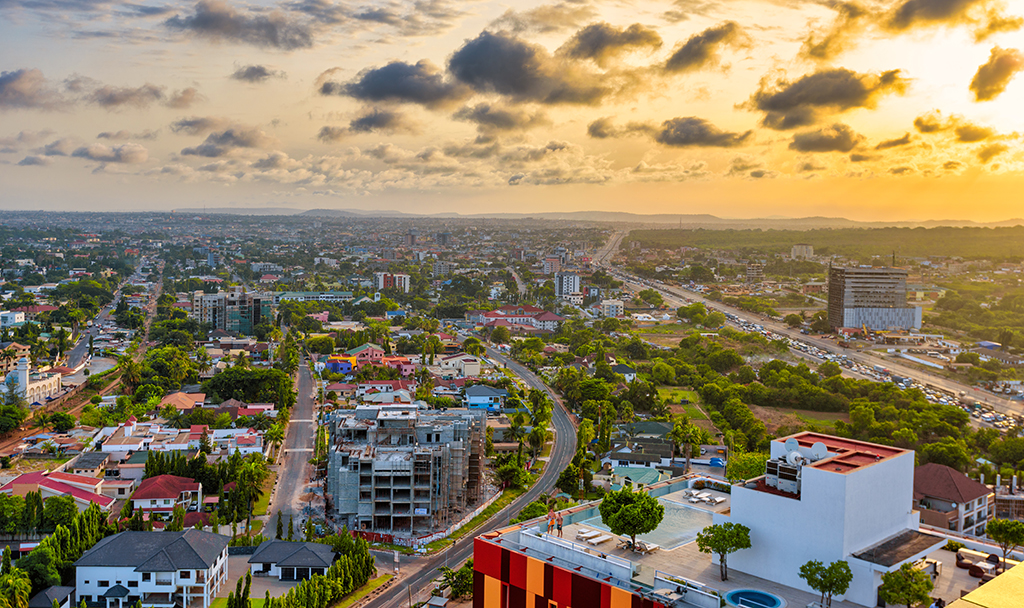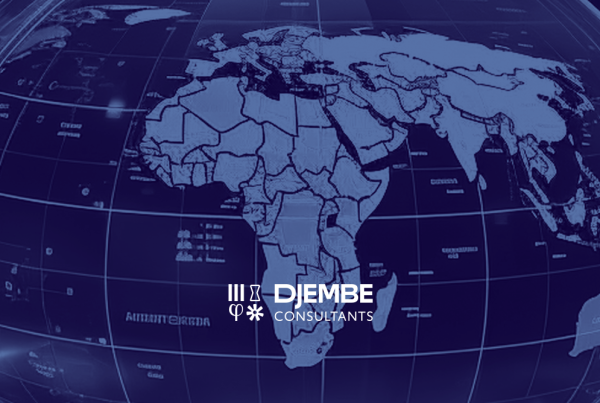As the SARS-CoV-2 crisis unravels, there is much speculation about what the economic fallout impact will be on Africa. The UN’s Economic Commission for Africa has reported that the continent may lose half of its GDP growth with rates falling from 3.2% to about 2 % for a range of reasons, including the disruption of global supply chains. The Commission also said that the continent would need up to US$ 10.6 billion in unanticipated increases in health spending and that fiscal revenue losses could lead to an unsustainable debt level.
African governments are working hard to mitigate and minimize the impact of the COVID-19 fallout. Across the continent, leaders in the public, private, and development sectors have swung swiftly into action. The outcome of these actions however will depend on how well efforts are prioritized with the available resources and time.
A COVID-19 rapid analysis paper on Africa by McKinsey highlights that African governments would need to be both targeted and creative in their response to the crisis, calling for ‘bold and locally tailored’ measures. It points out that African Governments, with the close involvement of the private sector and other key stakeholders, need to take rapid action to establish ‘national nerve centers’ to coordinate and accelerate their response to the crisis.
These nerve centers are certainly crucial, provided they act as hives for gathering the best minds, skills, capabilities and tools. Their role must be solely to enable African leaders to make timely, informed and optimum decisions based on the specific needs of their respective countries.
African innovation ecosystems are well placed to act as nerve centers
Clearly, a one-size-fits-all approach will not work in a continent as diverse as Africa. African enablers, innovators and startups understand this all too well and have been carving out ingenious solutions that meet the specific needs of their own countries.
With more than 600 innovation hubs, creative clusters, and science and tech parks across the continent according to a 2019 GSMA report, African innovation ecosystems are the ideal central nerve to be drawn upon for ingenious homegrown solutions. In addition to bringing cost-cutting, problem-solving, and locally relevant answers, this ecosystem comprises of some of Africa’s best brains offering capabilities and knowhow that are so crucial to addressing the crisis right now.
Unlike developed countries, the developing world such as Africa is accustomed to innovating under challenging circumstances. With the entire world facing the same challenge, Africa is now more so turning inwards and calling upon its own strengths to manage the pandemic and its aftereffects.
The government of Ghana for instance has launched an encrypted digital application to identify and trace, securely and anonymously, anyone who has been exposed to the virus. The app works across smart devices and other messaging platforms and is accessible in six languages.
In schools across Africa, the lockdown has propelled education establishments, even those in rural communities, to adapt to remote or distance learning, with WhatsApp proving to be a powerful tool for keeping in touch with students and teachers at all levels.
Greater numbers of African startups are becoming a part of the Covid-19 solution
According to Disrupt Africa’s 2019 African Tech Startups Funding Report, last year was a record year for investment into the African tech startup space, with 311 companies banking a combined US$491.6 million. Led by Kenya, Nigeria, Egypt and South Africa, these young startups were largely from the fintech sector followed by logistics, transport, e-commerce, agri-tech and e-health.
Africa governments have in their hands a brilliant resource pool that is ready to become part of the immediate, and the long-term, sustainable solution. With continental borders closed and whole countries in various stages of lockdown, young African e-health startups can help their governments to anticipate and manage the health crisis. They can work in tandem with e-commerce startups to activate local supply chains to meet the rising demand for medical supplies, safety gear, testing facilities, hospital equipment and more.
Agri-tech startups can be tapped into to help governments secure food supply and related essentials, while fintech startups and tech startups in logistics and transport ensure safe, and uninterrupted payments and distribution. In Uganda for example, start-ups such as Online Butchery, Bringo Fresh, Xente and ChapChap and more are already part of the solution, developing innovative products to help consumers and businesses survive during COVID-19 with prepaid meal plans, fresh produce and mobile money.
On one hand present circumstances will inevitably see a decline, and hopefully temporary interruption in global investments and funding towards African startups. On the other hand, this is leading to increased support from African public and private sector investors, making COVID-19 a strong enabler and accelerator for investing in homegrown solutions.
—



